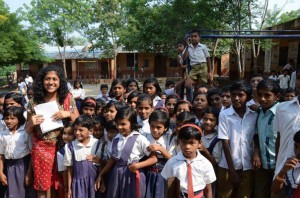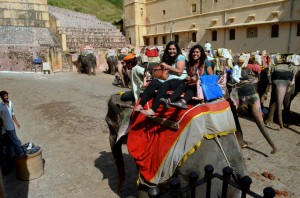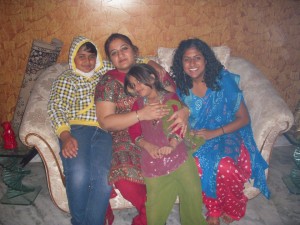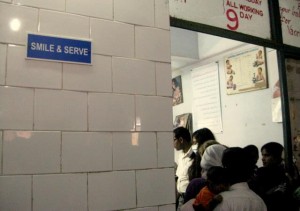Hope everyone is having a relaxing and rejuvenating fall break! We’ve officially passed the half-way mark for the semester—insane. And scary. Insane because time is literally flying, and scary because thesis is becoming ever more pressing as the work piles up and deadlines loom nearer. Even though I am just now beginning to get a sense of the real scope and immensity of thesis, I am SUPER excited about my project and topic (now there’s a line you never hear). I think the reason for my enthusiasm for thesis has everything to do with the fact that I carefully and actively sought out a project that genuinely interests me.
Thesis is an intense commitment. Essentially, by the time you have a finished product, you will be the resident Scripps expert and master of your topic. Hence, for your own happiness and well being, it is in your favor to select a project that intrigues or impassions you, because otherwise thesis can become a soul-draining and rather unpleasant burden on your senior year. Personally, I figured out pretty early on in my college career that, as much as I love Keck and the faculty and science in general, counting fruit flies or growing mold in a lab would be a painful experience for me. My future (hopefully) and ambitions lie in the realm of public health and human rights, and I wanted a thesis that engaged my true interests.
So, I began seeking out alternatives to a lab thesis early junior year. I was ecstatic to find out that Keck recently partnered with the CGU School of Community and Global Health (SCGH) to offer science majors the option of conducting their thesis with a SCGH adviser. Through the application process, I was even able to indicate preferences for specific faculty and project areas. I feel very fortunate in that I ended up with a perfect match—I am working under the guidance of a SCGH faculty member on tobacco use among young adult South Asians. My end of the project is actually much more narrow and focuses on emerging polytobacco (the concurrent use of multiple tobacco forms) trends and the contextual factors influencing such decisions and usage. I am still fine-tuning the details, but much of this first semester has involved building a case for the research and obtaining all the necessary stamps of approval from review boards. (Hint: submit IRB requests as early as possible! Your life will be infinitely easier because you cannot start data collection with human subjects/many animal species without authorization.) Because I hope to pursue a Masters in Public Health (and possibly concentrate on health promotion and disease prevention), this project directly aligns with my goals and is invaluable research experience that will benefit me beyond graduation. I am fascinated with this area of study and am eager to dive in to the interview/ data collection part of the project. Hopefully that should begin soon—I will be sure to keep all you dedicated readers updated on the progress!
In the meantime, here are three tips that helped direct me when I first began thinking about thesis. I know it can seem daunting and distant for non-seniors, but investing a little time now will aid you immensely in the future, promise.
1) Think about your favorite classes, the ones you have absolutely loved or found inspiring. What subjects were those classes? Who taught them? Are they related (or could you relate them) to your major(s)?
2) What are your potential post-graduation plans or career goals? However vague or uncertain they may be, thesis is a fantastic opportunity to become the expert of a topic that could help expand your understanding or knowledge of a particular field and later give you some leverage in the outside world. Could you craft a topic that has some sense of a trajectory to a possible career path?
3) Take advantage of your department’s website and investigate what projects faculty are working on or areas they have researched. Reach out to faculty you find interesting—they are a wealth of ideas and support!
Fellow seniors, what other tips to you have to add to this list? How did you go about choosing a topic? Everyone else, what are your concerns and thoughts about thesis? Happy Halloween—stay safe and have fun this weekend!




